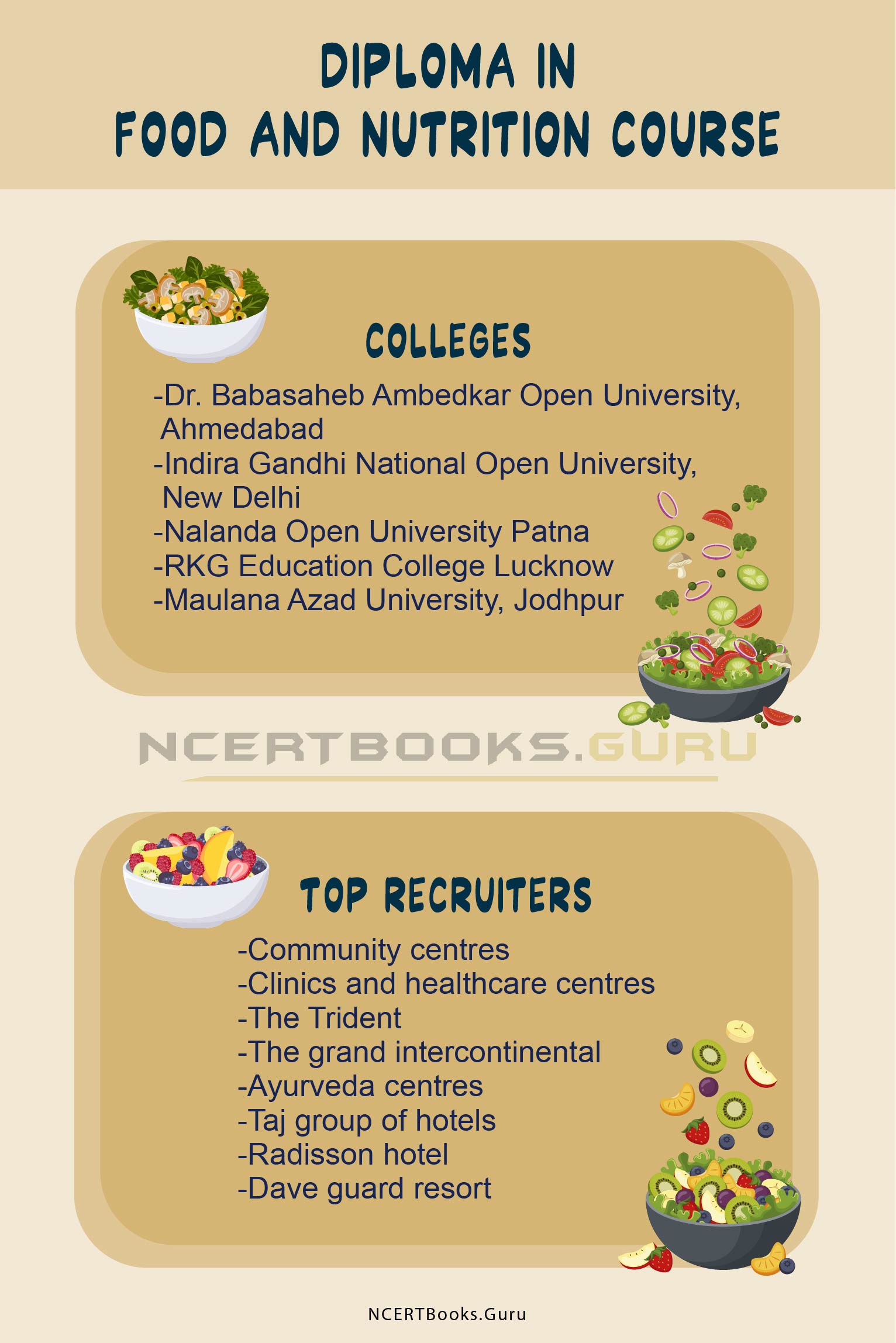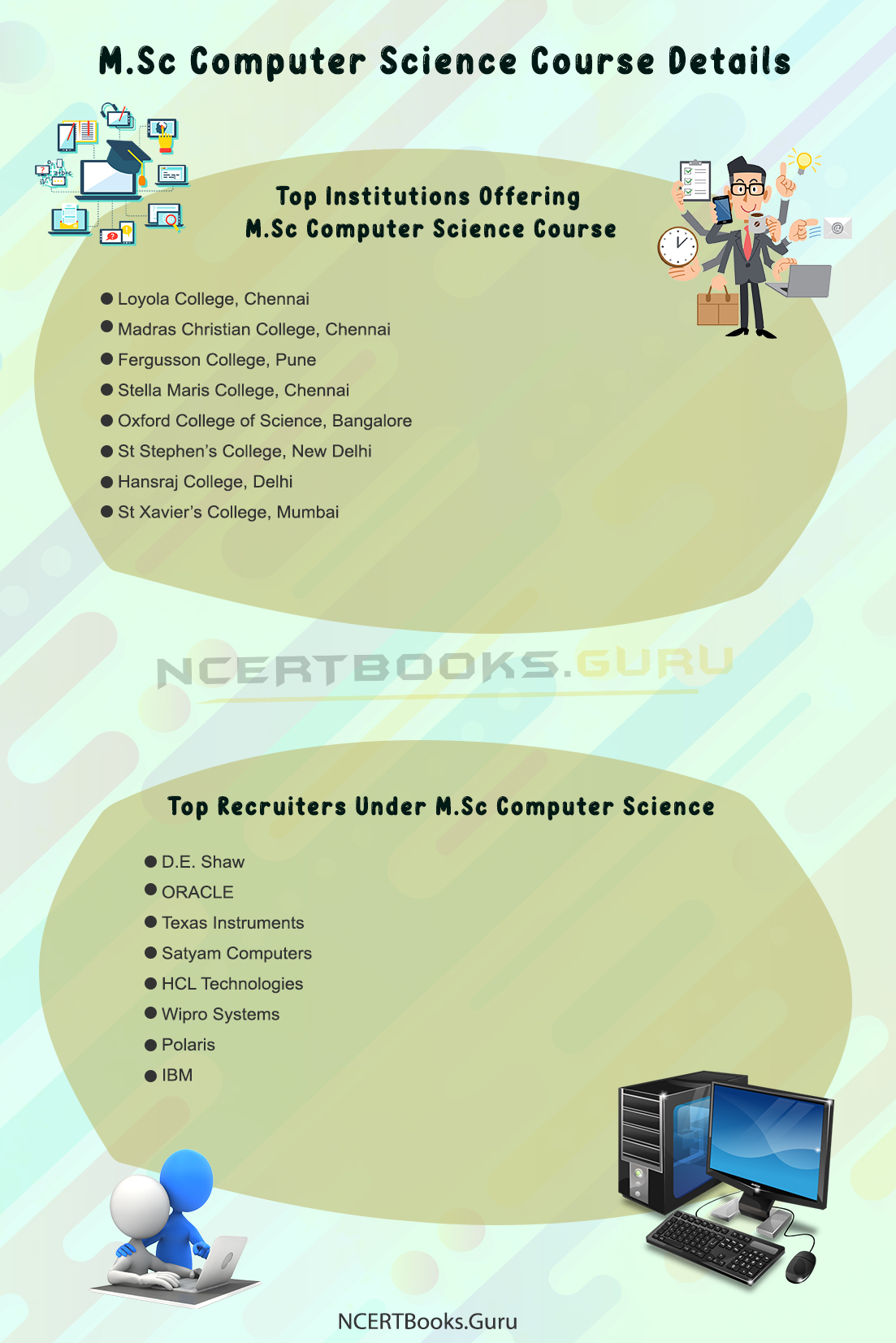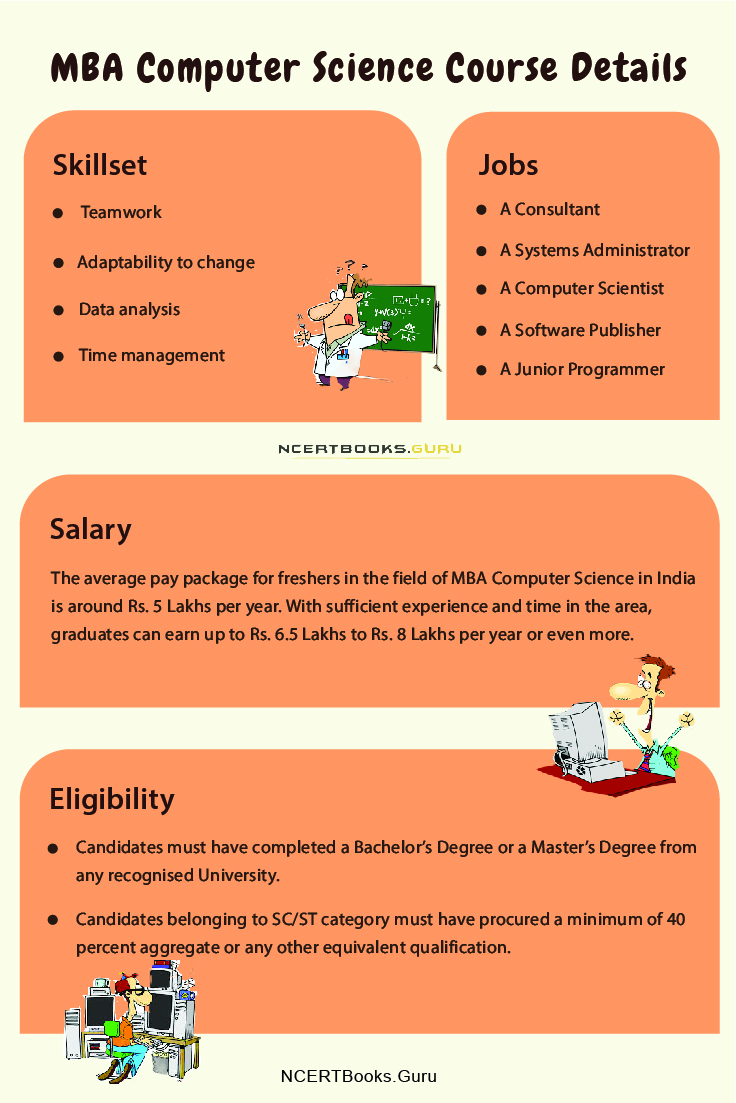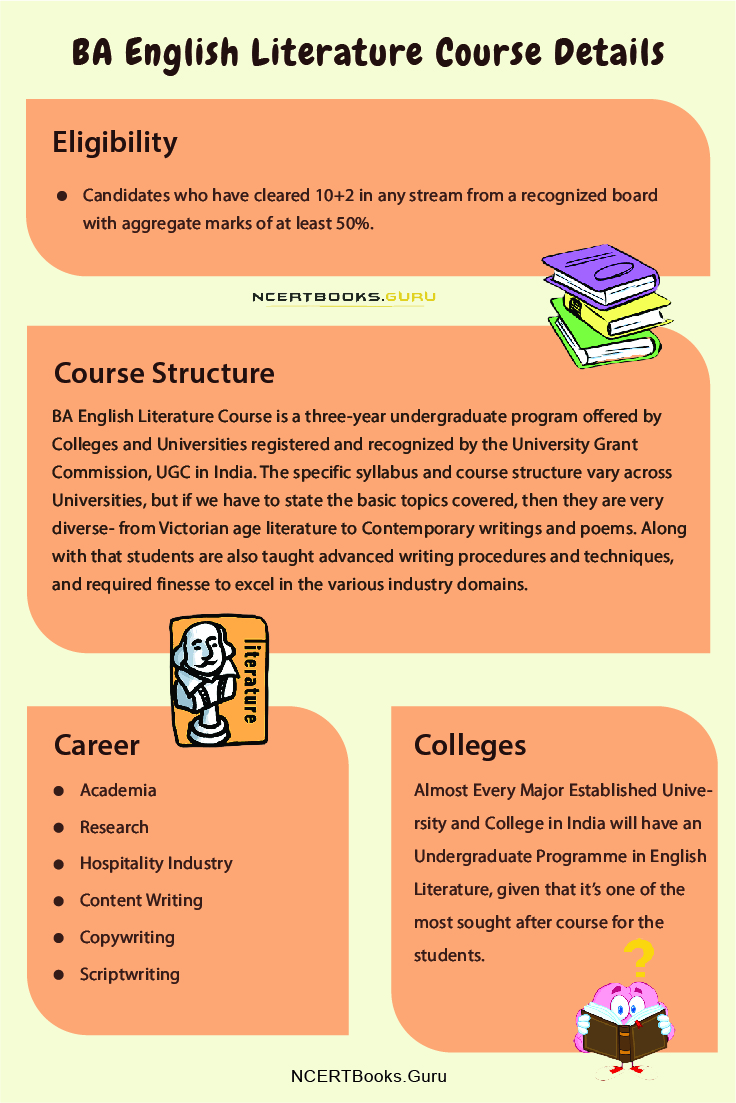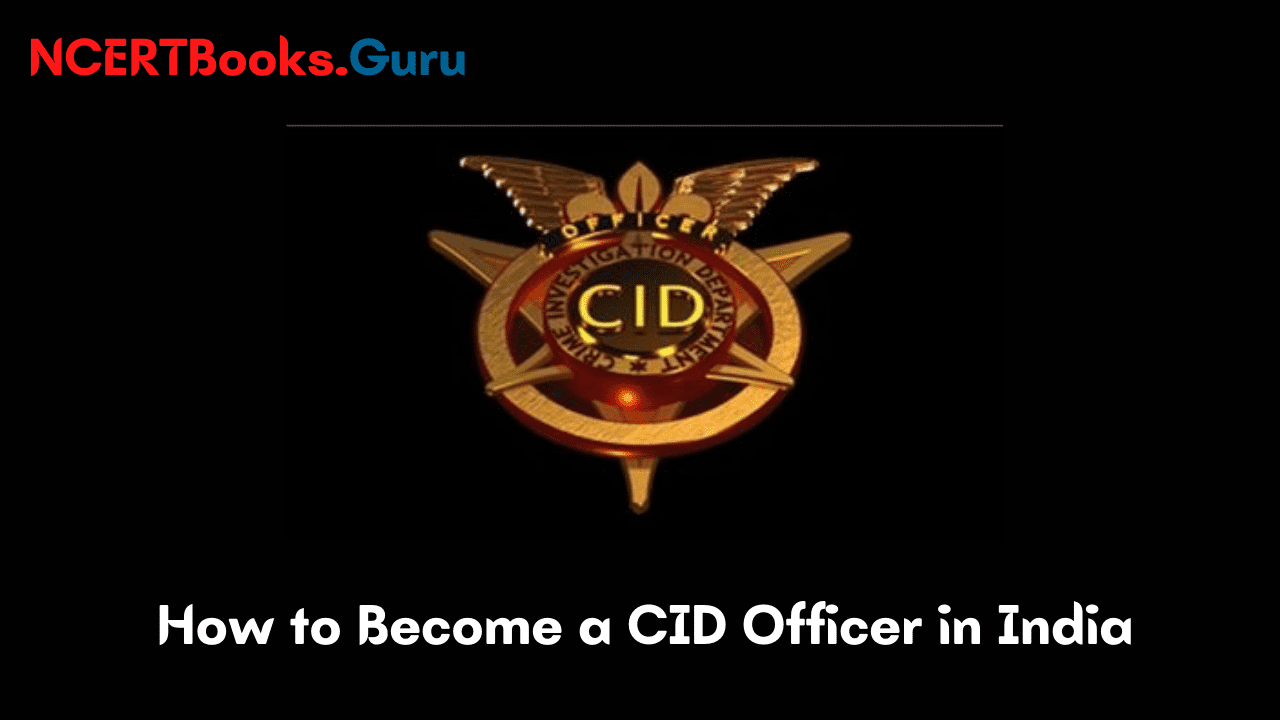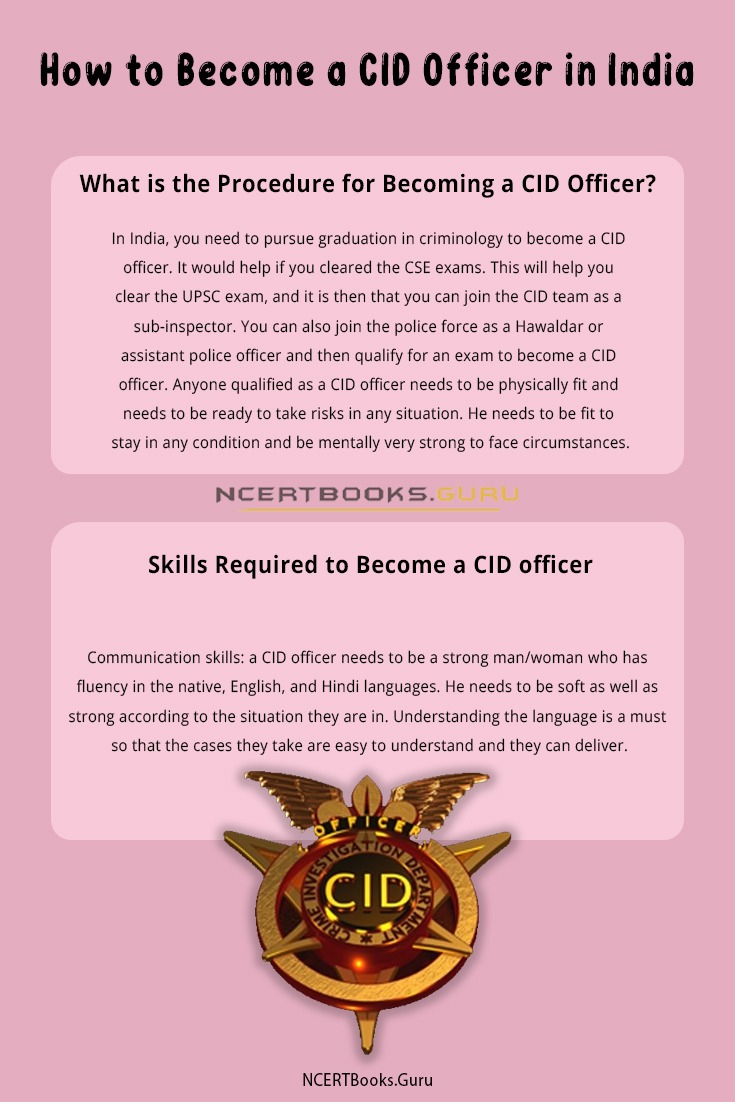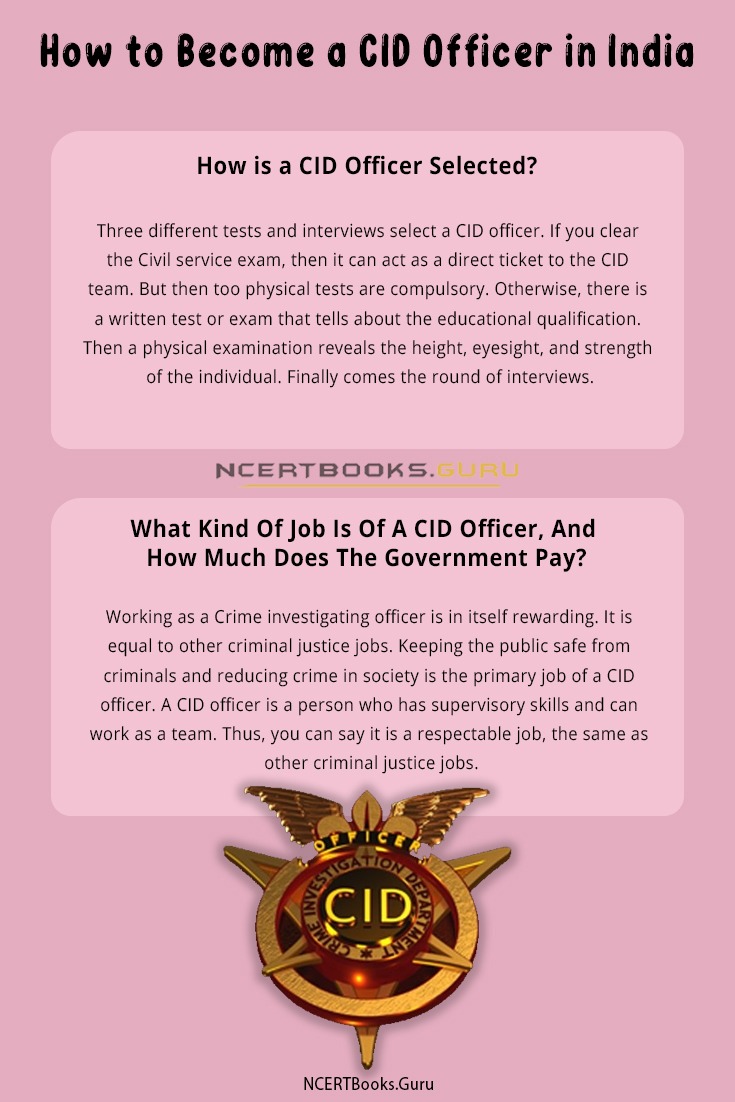Engineering Courses After 12th: Are you confused about which course to pursue post-Class 12th in the science stream? Engineering is your most sought-after choice. Engineering is one of the oldest fields of study and a respected profession that has contributed to the development of society at every point of time in history.
As a recognized profession in the modern world, engineering courses have been a popular choice and with good reason it is well-paying and always going to remain in demand. Engineering Courses After the 12th that you can pursue can be a diploma, undergraduate or postgraduate. The duration of the diploma course is 2 years, while the B.tech course is a full-time four-year undergraduate program comprising 8 semesters. Post an undergraduate course, one can pursue a post-graduation in Engineering as well with an M.Tech degree.
To pursue an engineering course in B.tech, you shall have to choose the field of specialization in engineering. Learn about the various types of engineering and the Best Engineering Courses After the 12th that you can opt for.
- Best Engineering Courses after 12th in India
- Computer Science Engineering
- Mechanical Engineering
- Electronics and Communication Engineering
- Electrical Engineering
- Biomedical Engineering
- Civil Engineering
- Chemical Engineering
- Information Technology
- What is the future of engineering?
- Which engineering is easy to study?
- Can I become an engineer after the 12th?
Best Engineering Courses after 12th in India
Below is the list of the best engineering courses after 12th in India:
Computer Science Engineering
Computer Science Engineering also known as Information science engineering, this branch of engineering deals with the design, implementation, and management of information systems. It is related to computation, programming languages, program design, computer hardware, and software. This discipline aids many other branches of engineering such as IT, software engineering, electrical and electronic engineering, etc.
Course Duration: 4 years (8 semesters)
Subjects:
- Physics
- Mathematics
- Serial programming
- Embedded system
- Cloud computing
- Embedded control system design
- Cloud computing
- Microprocessor design
- Digital circuit
Career Scope:
- System Engineers
- Software Testers
- Industries Officer
- Developers
- Technology Analyst
- Domain Consultants
- Software Engineer
- Solution Integrators.
Top Colleges for Computer Science Engineering
- IIT Kanpur
- IIIT Hyderabad
- BITS Pilani
- DTU
- NIT Warangal
Top Companies
- Google, hp
- Other private and government sectors.
- Lenovo, Dell
Mechanical Engineering
One of the oldest branches of engineering, mechanical engineering primarily deals with machines – their making and manufacturing including, designing, operation, and production. It is a broad field of interdisciplinary studies that ranges from aerospace technology to power generation and finds its use in almost every industry.
Course Duration: 4 Years( 8 semesters)
Subjects:
- Thermodynamics
- Instruments and Measurements
- Physics
- Mathematics
- Heat Transfer
- Strength of Material
- Fluid Mechanics
- Machine Design
- Manufacturing Process
Career Scope:
- Contracting Civil Engineer
- Control and Instrumentation Engineer
- CAD Technician
- Mechanical Engineer
- Marine Engineer
Top Colleges:
- IIT Kanpur
- Delhi Technological University.
- BITS Pilani
Top Companies:
- IOCL
- NTPC
- NHPC
- BHEL
- GAIL
- Globally recognized companies, like MRF, Royal Enfield, etc.
Electronics and Communication Engineering
Electronics and Communication Engineering is concerned with communication systems, therefore involves the study, research, design, and development of electrical equipment for the purpose. This branch of engineering will teach you all about communication systems such as computers, radio, mobile, television, amplifier, etc.
Course Duration: 4 Years( 8 semesters)
Subjects:
- Microprocessors and embedded system
- Engineering Mathematics
- Nanoelectronics
- Optical system
- Physics
- Digital signal processing
- Electronics
- VLSI ( very large scale integration )
- Electrical circuits and machines
- Signals and systems
Career Scope:
- Production engineer
- Network planning engineer
- EC consultant
- Testing engineer
- Service engineer
- Software analyst
- Technical director
- Electronic engineer
Top Colleges:
- NIT Thiruchirappalli.
- BITS Pilani
- IIT Chennai
Top Companies:
- ISRO
- HPCL
- NTPC
- IES
- BHEL
- DRDO
- BSNL
- BEL
Electrical Engineering
Electrical or electronics engineering is the branch of engineering that is concerned with the practical application of electricity in all its forms. It involves the study, design, and development of electrical systems and equipment, and focuses on electrical power systems and systems planning and energy distribution. Go through our article on How to become an Electrical Engineer in India to study in-depth on how you can join the course.
Course Duration: 4 Years( 8 semesters)
Subjects:
- Digital electronic circuit
- High voltage engineering
- Power electronic converters
- Signals and systems
- Element electrical engineering
- Control system engineering
- Digital electronic circuit
- Mathematics
- Physics
Career Scope:
- Electrical engineer
- Power engineer
- Test engineer
- Electrical application engineer
- Telecommunication engineer
Top Colleges:
- IIT Chennai
- NIT Thiruchirappalli
- BITS Pilani
Top Companies:
- Automobile industry
- Railways
- Defense organizations
- Communication industry
- Aerospace industry
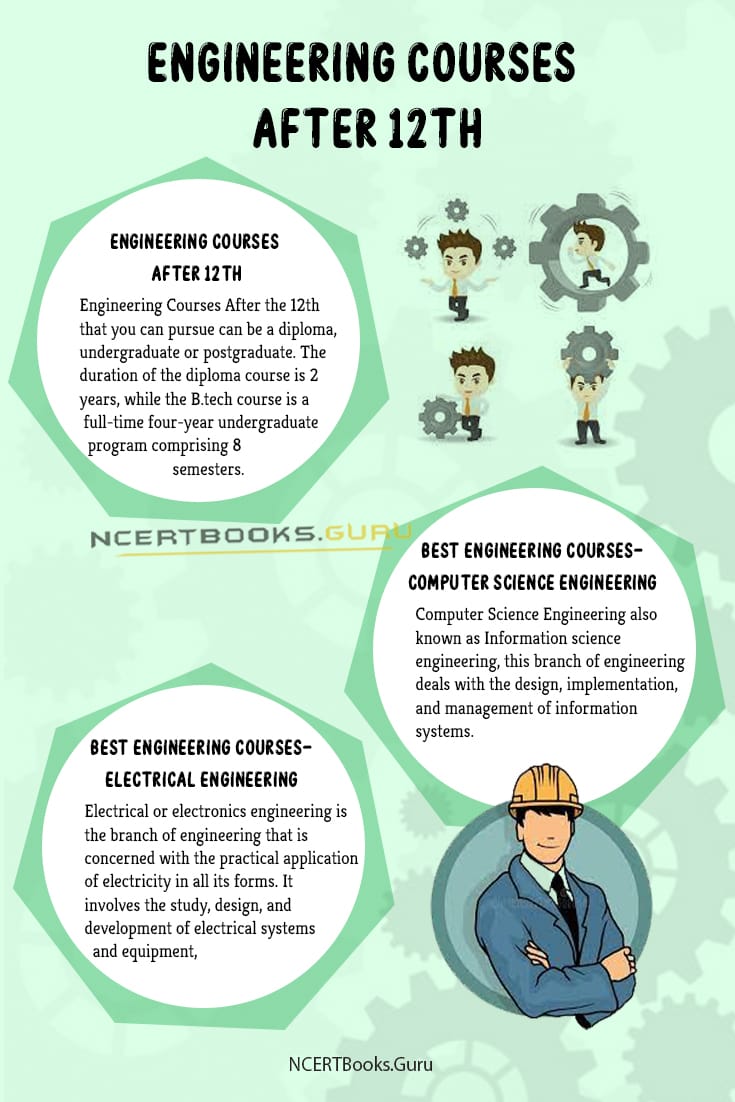
Biomedical Engineering
Biomedical engineering is concerned with the application of principles of engineering and problem-solving techniques to biology in order to solve biological and medical problems.
Course Duration: 4 Years( 8 semesters)
Subjects:
- Environmental Engineering
- Physics
- Surveying land and Surveying
- Geotechnical Engineering
- Design and Hydraulic Structure
- Fluid Mechanics
- Earthquake Engineering
- Transportation Engineering
- Material Science and Engineering
Career Scope:
- Manufacturing Engineer
- Construction Engineer
- Building control surveyor
- Water engineer
- Testing Engineer
- Nuclear engineer
- Design Engineer
- Production Engineer
- Maintenance Engineer
Top Colleges:
- IIT Kanpur
- SVNIT Surat
- Anna University Chennai
- ISM Dhanbad
Top Companies:
- Tata Motors
- Jaypee
- Essar
- Unitech
- HCC
Civil Engineering
Civil engineering is the branch of engineering that deals with planning, designing, constructing, and supervising infrastructures that serve the general public such as dams, roads, bridges, and other structures. Not only the construction of new buildings, but civil engineering is also about maintenance, repair, refurbishment, improving and modernizing infrastructure as well.
Course Duration: 4 Years( 8 semesters)
Subjects:
- Surveying land and Surveying
- Environmental Engineering
- Geotechnical Engineering
- Design and Hydraulic Structure
- Fluid Mechanics
- Earthquake Engineering
- Physics
- Transportation Engineering
- Material Science and Engineering
Career Scope:
- Manufacturing Engineer
- Construction Engineer
- Maintenance Engineer
- Design Engineer
- Production Engineer
- Water engineer
- Building control surveyor
- Testing Engineer
- Nuclear engineer
Top Colleges:
- IIT Kanpur
- SVNIT Surat
- Anna University Chennai
- ISM Dhanbad
Top Companies:
- Jaypee
- Unitech
- Essar
- Tata Motors
- HCC
Chemical Engineering
Chemical engineering is concerned with the design, development, production, transformation, operation, and management of chemical plants – industrial processes that convert raw materials into useful products. It is a multidisciplinary branch of engineering that combines natural and experimental sciences with life science and mathematics and economics to improve production.
Course duration – 4 years ( 8 semesters )
Subjects:
- Thermodynamics
- Biology
- Chemistry
- Electrochemistry
- Chemical technology
- Heat and mass transfer
- High polymer engineering
- Mathematics
- Environmental engineering
- Safety engineering
- Inorganic and physical chemistry
Career Scope:
- Process Engineer
- Chemist
- Chemical Engineer
- Nuclear Engineer
- Manufacturing Engineer
Top Colleges:
- Indian Institute of Technology Madras
- Indian Institute of Technology Roorkee
- Indian Institute of Technology Bombay
Top Companies:
- UPL
- Pidilite Industries Ltd.
- Vinati Organics Ltd.
- PI Industries Ltd.
- Coromandal International
Information Technology
This branch of engineering deals with computer systems – the research, study, design, and development of Computer hardware, software, computer networking, programming languages.
Course Duration: 4 Years( 8 semesters)
Subjects:
- Java programming and Website Design
- Computer Network
- Computer architecture and organization
- Operating system
- Database system
- Foundation of the computer system
- Physics
- Database management system
- Programming languages
- Mathematics
Career Scope:
- Network administrator
- Network engineer
- Software engineer
- Computer Support Specialist
- Database Administrator
- Computer Technician
- Computer programmer
- Information System manager
Top Colleges:
- Indian Institute of Technology Delhi
- National Institute of Technology Warangal
- Indian Institute of Technology Hyderabad
Top Companies:
- Infosys
- Capgemini
- Wipro
- TCS etc.
Get a comprehensive list of Course Details all in one place and study various courses information such as eligibility to pursue one, course duration, fees, colleges, etc.
FAQs on List of Engineering Courses after 12th
1. What is the future of engineering?
Engineering is a broad field that has applications in almost every industry. Most industries are dependent upon different types of engineering branches, in no mean way. With more and more progression, the world is going to need more engineers. Thus Engineers are always going to remain in demand.
The future of engineering is bright and full of opportunities. If you are planning to embark on engineering as a career path, you will have ample opportunities to create a successful career and progress further in the field.
2. Which engineering is easy to study?
Computer Science engineering or Information science engineering is considered one of the interesting and easy branches of engineering highly preferred in today’s day and age. Engineers from CSE and ISE are required in each and every field and industry from health care to banking and IT, therefore job profiles such as software developers and web developers are highly valued and always in demand making it a lucrative career path.
3. Can I become an engineer after the 12th?
After 12th you have the option of pursuing either a Diploma Program or a Bachelor’s Degree course. The Diploma in engineering is a 2-year course that you can apply for having passed the 10th examination from a recognized board in Science stream with Mathematics.
Or you can apply for the Undergraduate course, a B.E or B.Tech which is a 4-year program. To secure a seat for this course in an engineering college one needs to have passed their 12th examination in the science stream (with mathematics) and scored valid marks in relevant entrance exams such as JEE, State-wise CETs, Institute-wise CETs.
Conclusion
Engineering Course is a very lucrative job and career choice in India, it is a preferred choice and a dream job of many aspirants. But like any career path, it requires dedicated study and preparation that begins early. If you wish to become an engineer, start preparing for your class 12th boards and entrance exams early. For a solid preparation start with an in-depth study of NCERT books for concept clarity and foundational understanding, subsequently moving on to competitive practice.
Start your prep with us today! Refer to books, solutions, and practice material online easily with NCERTBooks.Guru


